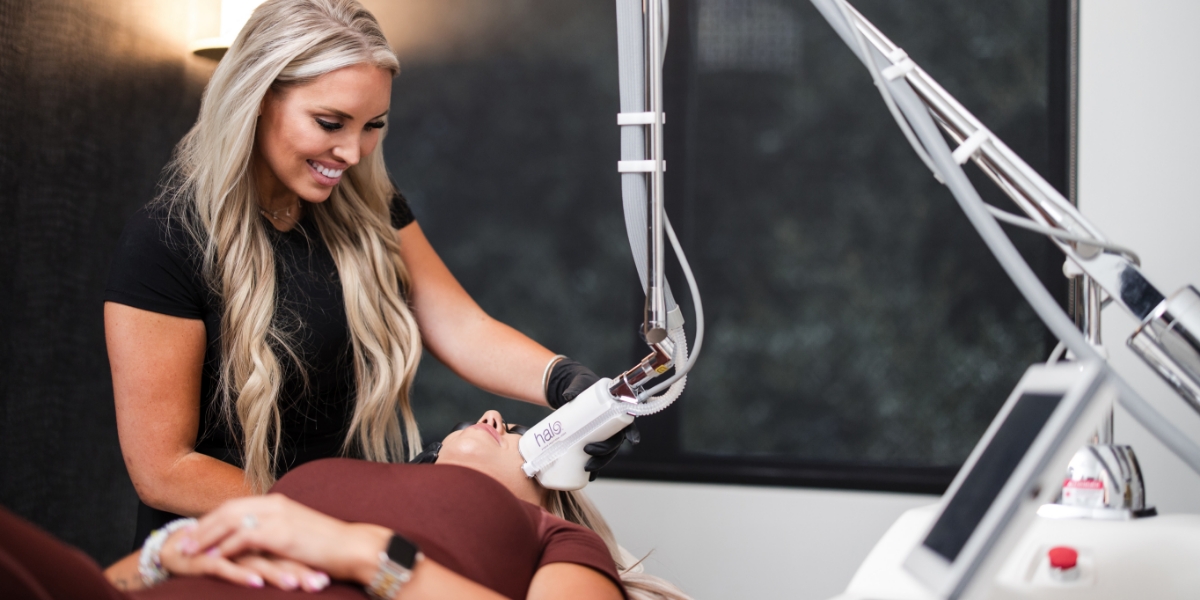In over 25 years of medical marketing, I’ve observed a common trend: a significant focus on marketing elective services like plastic surgery, cosmetic dentistry, dental implants, and injectables, but little emphasis on training staff to handle inquiries effectively. Tons of marketing dollars are being spent to generate leads, but little time and energy are devoted to “speed to lead” or “lead exhaustion.”
While attracting potential clients is crucial, converting these leads into satisfied patients requires a different set of skills—skills that come from sales training or hiring qualified sales people. The art of engaging with clients, answering their questions, and guiding them through the decision-making process is just as important as the marketing efforts that bring them in.
To excel in this area, treatment or patient coordinators in aesthetic and medical practices need to develop five essential qualities:

1. Know Your Products
Understanding the services and treatments offered in your practice is foundational. Deep product knowledge not only fosters credibility but also helps in building trust with potential clients. When staff can confidently discuss the benefits, processes, and outcomes of various treatments, clients are more likely to feel assured in their decision to proceed.
2. Strive for Excellence
Aiming to be the best in your field sets a standard of quality that clients can rely on. Excellence in service and knowledge creates a professional atmosphere that distinguishes your practice from competitors. It’s not just about performing procedures; it’s about providing an exceptional experience from the first phone call to the final follow-up. A recent study has shown that high performers are 400% more productive than average ones.
So the question becomes: How do you foster a culture of excellence?
Jamie Leos from OMS Powerhouse Consulting states:
Excelling in our roles is crucial, but it’s important to recognize the power of relationship intelligence (RQ) in fostering a collaborative team environment. By focusing on RQ, we create a culture of empathy and support, ensuring that our goals align with the needs of our clients and our team. Success in our practice is a team effort, and when we work together, we can achieve excellence.
3. Establish Value
Listening to clients and understanding their needs is key to establishing value. It’s not just about selling a service; it’s about meeting the specific desires and concerns of each individual. Tailoring your approach based on their needs shows empathy and builds a connection, making clients feel valued and understood.
4. Follow Up
The importance of follow-up cannot be overstated. Research shows that most sales require at least seven touchpoints before a decision is made. Consistent follow-up demonstrates commitment and keeps the conversation going, helping clients feel supported throughout their decision-making process.
5. Set Clear, Results-Oriented Goals
Having clear, results-oriented goals keeps the treatment or patient coordinators focused and motivated. Whether it’s increasing the number of consultations booked or improving conversion rates, specific goals provide direction and a sense of achievement. This focus not only drives sales success but also enhances the overall client experience.
Mastering these qualities can transform the way your practice handles sales, ensuring that every potential client is met with professionalism, knowledge, and care. In an industry where trust and reputation are paramount, investing in sales training for your team is not just an option—it’s a necessity.
